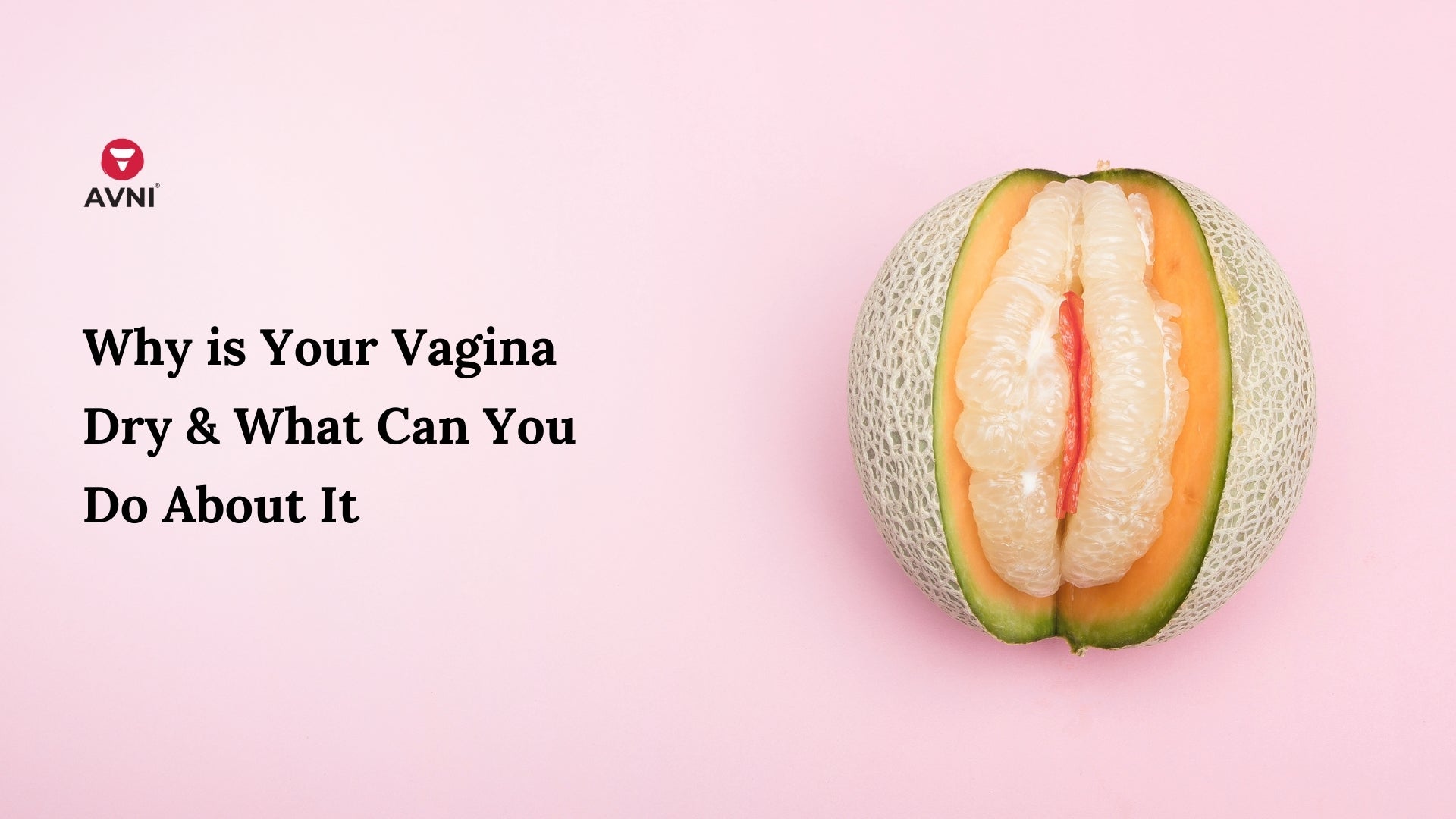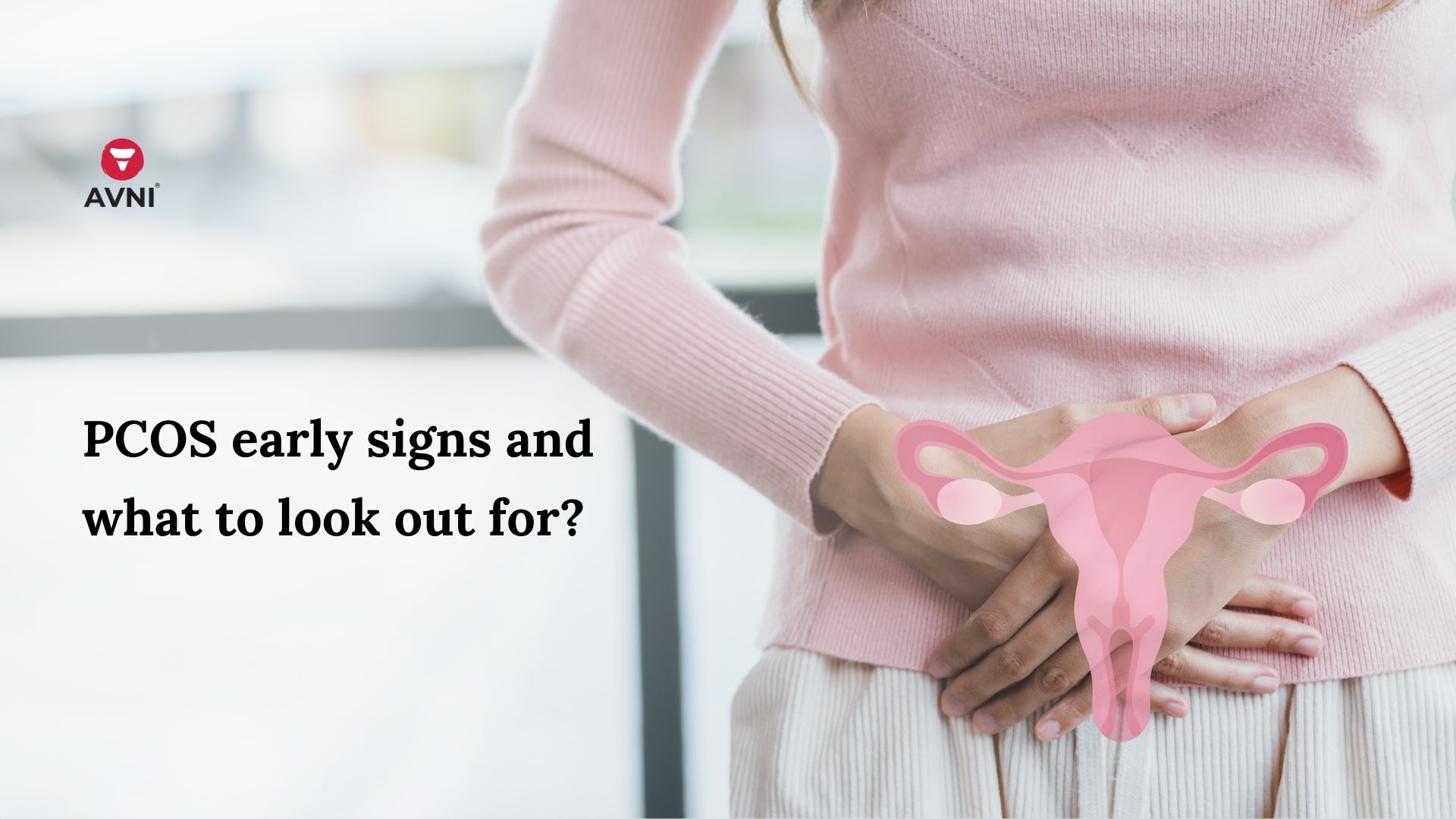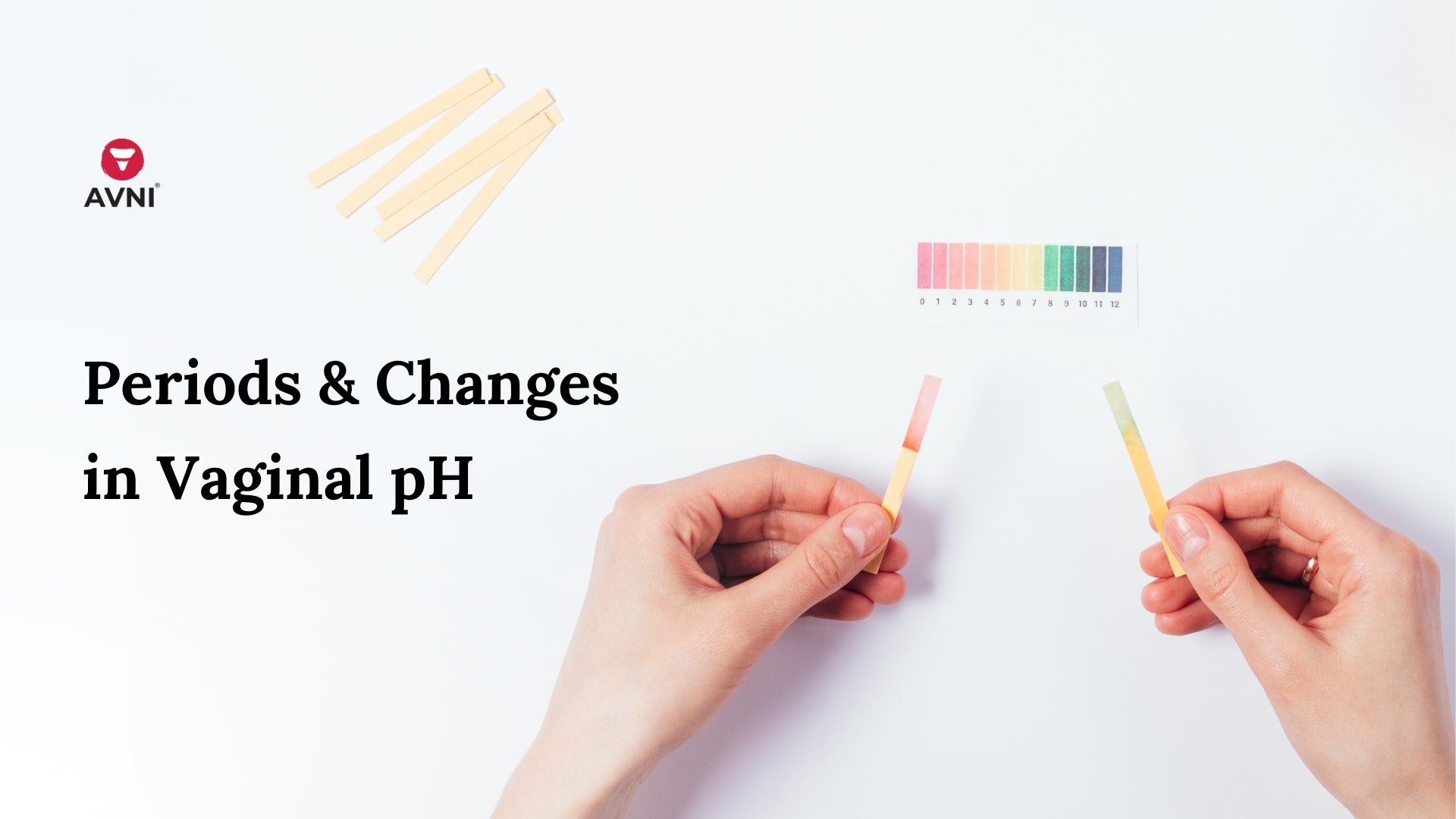
Why is Your Vagina Dry & What Can You Do About It
An unexpected itch in your privates is normal but when you start to feel uncomfortable and that itch converts into dryness, it's time to take a serious glance down there. Because vaginal dryness can happen to anyone, anytime.

Let's talk about vaginal dryness
Nearly two-thirds of vagina owners will agree to have vaginal dryness at some point of time. It's common and does not adhere to any group. Normally, vaginal walls are covered with a thin layer of clear fluid. With normal estrogen levels, this fluid stays healthy, thick and keeps the vagina lubricated naturally. Vaginal dryness occurs when there is a considerate drop of estrogen levels in your body.
Although vaginal dryness might not bother you much in everyday life, but it has a huge impact on your sex life. If you have an active sex life, vaginal dryness can turn pleasurable moments into painful intercourse. This also leads to emotional and psychological distress that may impact your sex life, desire and performance.
There are several treatments available for managing everyday vaginal dryness. Few of them are available over the counter while others require lifestyle changes. Seeking medical assistance is one primary road to walk.
Why is your vagina dry?
Vaginal fluid is one element that keeps sexual intercourse pain-free. The drop in the levels of estrogen decreases the product of vaginal fluid and hence explains dryness in vagina.
It is also noted that as women age, less hormone production (estrogen) causes thinning of vaginal walls that further reduces the production of moisture because thinner walls means lesser cells at work.
Vaginal dryness is often associated with menopause due to falling estrogen levels but it can be caused due to several other reasons such as:
- Childbirth
- Breastfeeding
- Stress and anxiety
- Depression
- Cancer treatments like radiation and chemotherapy
- Surgical removal of ovaries
- Medications
- Excessive workout
- Sjögren's syndrome (a disorder that affects immune system)
- Douching
- Insufficient foreplay before sex
If you think ONLY hormonal changes are to be blamed for those dry spells in vagina, think twice. Stress and anxiety is one combo you never ask for, but they get on your platter uninvited.
And there's no brownie points for guessing that stress and sex never work together. Stressed out mind delays sexual desires and in many cases, totally ruins the night, because less interest means less self lubrication, hence vaginal dryness, painful intercourse and discomfort all along.
The first step is to identify the cause of vaginal dryness. Be it physical or psychological, right diagnosis creates room for right treatment.
Effects of these dry spells
Vaginal dryness causes discomfort in your pelvic area that remains unchanged if not treated well. Other than pelvic discomfort, the condition leads to:
- Burning
- Vaginal Itching
- Painful intercourse
- Low sex drive
- Urinary Tract Infections (UTIs)
- Soreness
- Bleeding post sex

While vaginal dryness is a common but uncomfortable condition, it is advised to seek medical help when the dryness continues for a longer time or when you experience pain during sex.
The doctor performs a pelvic examination and checks for any kind of redness or vaginal wall thinning. He/she may also take a sample of your vaginal discharge and do a Pap test to ascertain the presence of any kind of bacteria.
Treatment and medication

Worry not! Vaginal dryness is treatable. When natural lubrication decreases, it is time to get your hands on over-the-counter lubricants. These lubricants keep the vagina moisturised and prevents any kind of discomfort or drying, especially during sexual intercourse. Not only do these creams keep the dryness away but also helps maintain the pH of the vagina.
When we speak of lubrication and vaginal dryness during sex, it is also important to consider if you are fully aroused. Stress often affects the hormonal levels and results in low libido or lack of interest towards your partner. Take your time, release the pressure and step up when you feel fully aroused. Also consider making a few lifestyle changes like regular exercises.
Women who experience vaginal dryness due to hormonal shifts, estrogen therapies are of great help. Your doctor may recommend this therapy in the form of cream, rings or tablets, that are inserted in your vagina to raise the estrogen levels directly in the tissue. For women undergoing menopause symptoms, pills are likely to be recommended that are compatible with other menopause symptoms.
Refrain from douching if you are experiencing vaginal dryness. The chemicals present in those products cause dryness and irritability. These products worsens the dryness. To keep it clean down there, use a fragrance free intimate washes for the vagina and area around gently.
Vaginal dryness is highly uncomfortable and some women find it embarrassing to talk about. Well, it's always better to seek help before the situation worsens. Talk to your medical practitioner to find out the best suitable treatment for your body. Each body is different and so are the causes and symptoms. Vaginal dryness is no biggie if treated on time, so don't shy away and talk it out. It's better to share than to experience discomfort.



Leave a comment
This site is protected by hCaptcha and the hCaptcha Privacy Policy and Terms of Service apply.